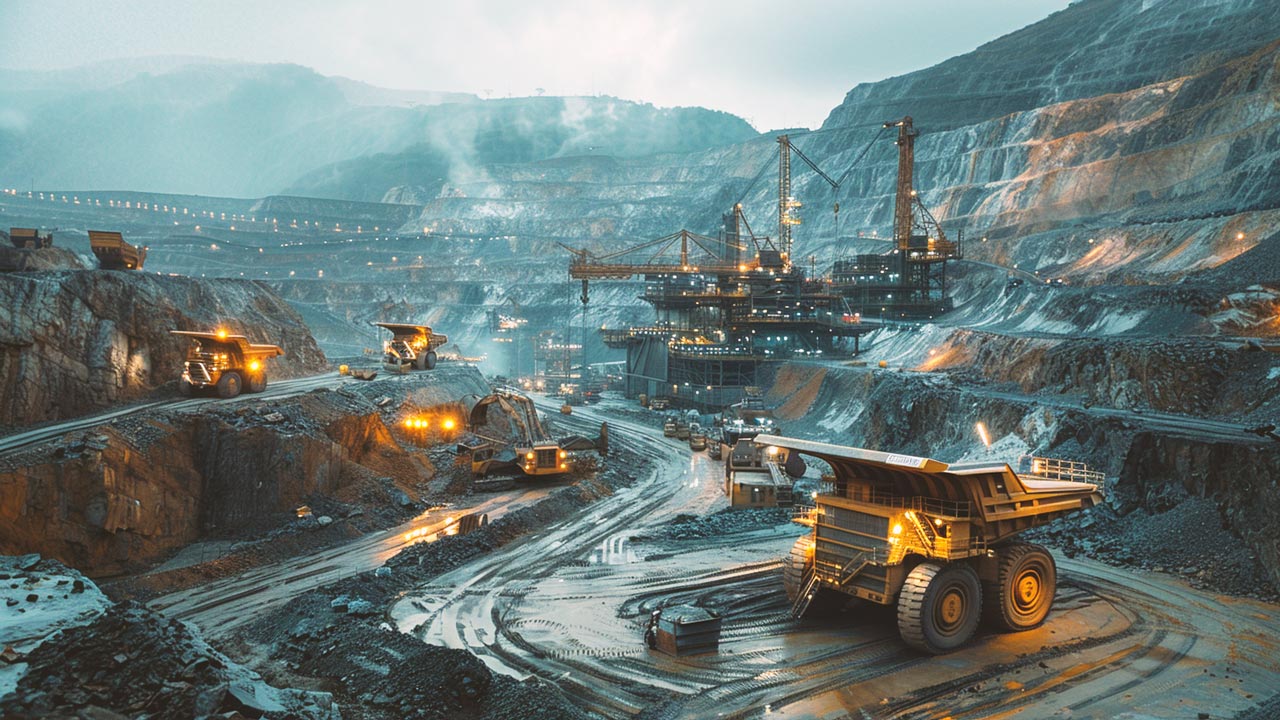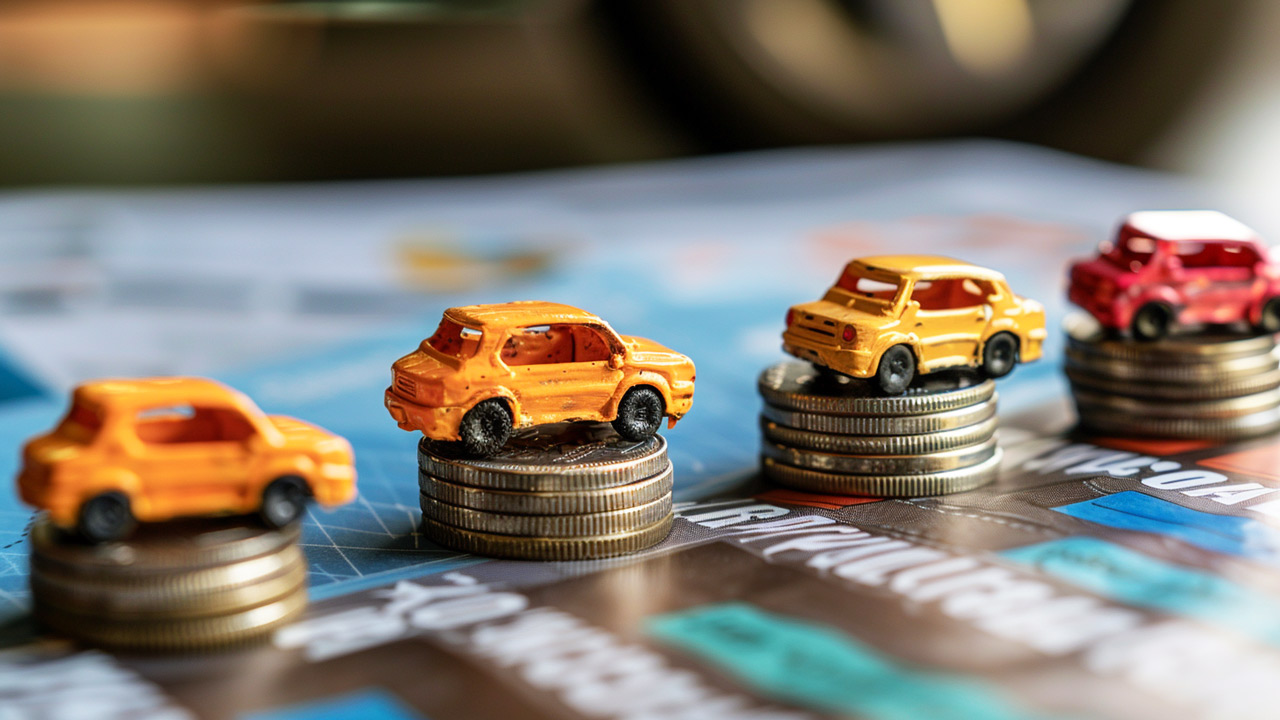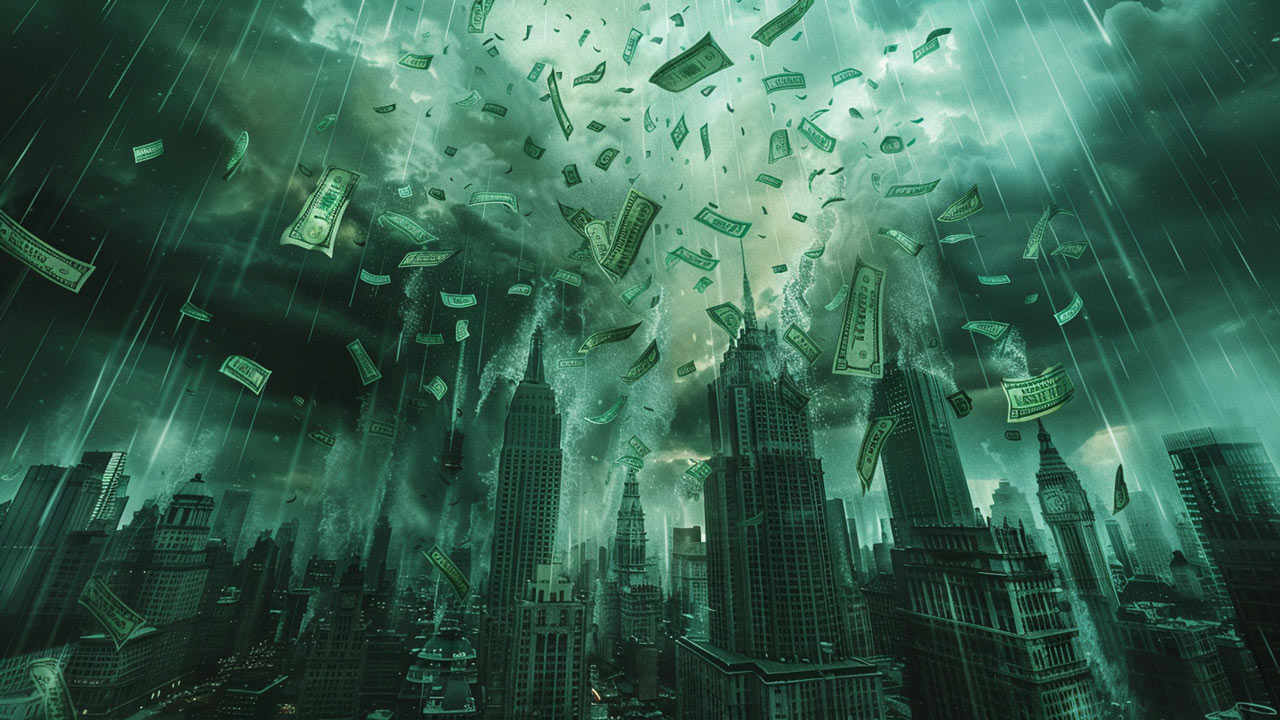Gold & Financial Preparedness
Mark Motive’s Gold Commentary
There is a growing number of people in America hoping for the best… but preparing for the worst. These people – often called “preppers” – believe in self-sustainability, in terms of health, wealth, and liberty. As a former Boy Scout, I can certainly appreciate the desire to be prepared for any eventuality.
Many preppers buy physical gold to protect from some form of economic collapse: the collapse of currencies, the collapse of financial systems, the collapse of governments, or the collapse of society. Even if you don’t think there’s a high probability of collapse, investors need to prepare for a range of possibilities, and protecting from collapse isn’t as simple as buying a few shares of SPDR Gold Trust.
Among the preppers, there is a raging debate on the utility of gold. Let’s examine the arguments on both sides and see if they are useful for our own preparedness decisions.
Guns and Butter
Many people believe that in a collapse scenario, it is more important to own guns and butter (i.e. the means to protect and sustain oneself). If society truly collapsed to the point where people were starving because industrial food production and distribution broke down, the ultimate tools for survival would be grub and guns.
Think about it this way: to a starving person, food is the most valuable thing in the world. How much would you give up to feed your famished family for a month… a week… a day?
In such a scenario, those that control the post-collapse food supply control the wealth – no amount of gold is worth watching your first-born starve. Anyone able to sell surplus food would quickly mop up the gold held by the population. And anyone who owned gold would readily trade it for overpriced food.
However, this scenario would not last long. When people are hungry, they become desperate – especially after they’ve already traded their worldly possessions for a few days’ supply of food. Hunger feeds revolutions – and the first targets would be those with a cache of food, arable land, or other assets that are difficult to hide and transport.
Frankly, in a Mad Max world, brute force will always win. But for those of us without a private army to defend ourselves, having an easily-concealed form of wealth like gold still seems preferable to a stockpile of canned tuna. Fortunately, I think a catastrophe of this magnitude is the stuff of Hollywood.
The Universal Language of Commerce
Even if we did degenerate into a Mad Max world, in all likelihood it wouldn’t last for long. North America can produce more than enough food for domestic demand, and its citizens would presumably work to restore democracy and order. Society would work to rebuild the economic and financial system lost through the collapse, simply because these systems provide lubrication for a functioning society.
For example, if the dollar were destroyed by hyperinflation, a new currency would eventually be formed because the barter system is extremely inefficient. (The need for coincidence of wants creates a very high hurdle for the barter system.) Because they are fungible, divisible, portable, and non-perishable, currencies significantly improve societal wealth by reducing transaction costs, enabling lending, storing surpluses, etc.
Because it is the universal language of commerce, gold could be the new currency, but eventually a more flexible paper-based system would once again arise. Here’s the critical idea: whether or not that system is convertible into gold, gold could be used to transition wealth from the old currency system to the new. As a store of wealth, gold serves as a way to transition assets from one monetary regime to another.
Throughout history, gold has been used as a means to manage these types of transitions. During times of distress, people have converted their wealth into compact chunks of gold to take with them as they escaped a dictatorship or endured a failing currency. Gold is universally accepted as a store of wealth, meaning that it can endure what other stores of wealth (stocks, bonds, paper money… even land) cannot. This is why gold can help preserve wealth across economic transitions. Arable land, and the food that it produces, may not have the same benefits.
The problem with land – even arable land – as a store of wealth and a resource is that title is registered with the government. Collapsing governments throughout history have gone after land owners by taxing them at extraordinarily high rates and even expropriating their property. In some cases, tax rates became so oppressive that land owners simply walked away from their land with whatever possessions they could carry (gold anyone?).
Here’s the caveat: gold can be expropriated too, by decree or by contract dissolution. First, by the sweep of a pen, the government can make gold ownership illegal and force citizens to accept whatever paper they shove down their throats. Despite this, history has shown that attempts at outlawing gold only drove gold underground and underscored its true value. Second, contracts that provide the right to own gold could dissolve if the counterparty goes bust. A contract is only as good as the faith and credit of the signatories, and the viability of the enforcement mechanism (like our collapsed government). Investors must distinguish between physical gold ownership and a contract that facilitates gold ownership.
If you feel confused at this point, you’re getting the message: there is no single, simple answer for protecting wealth and preserving life during an economic collapse. But an important component of any plan is to own and store physical precious metals outside of the mainstream banking system.



 Platinum is entering its second year of substantial deficit, according to the Platinum Quarterly report from the World Platinum Investment Council (WPIC).
Platinum is entering its second year of substantial deficit, according to the Platinum Quarterly report from the World Platinum Investment Council (WPIC). American car owners are facing a wall of bad debt to finance vehicles they can’t afford — especially pandemic buyers who took on huge loans to buy overpriced used vehicles that are now depreciating in value. With inflation running hot and poised to get even hotter if the Fed is forced to cut rates, it turns out that Americans can’t afford to insure those cars […]
American car owners are facing a wall of bad debt to finance vehicles they can’t afford — especially pandemic buyers who took on huge loans to buy overpriced used vehicles that are now depreciating in value. With inflation running hot and poised to get even hotter if the Fed is forced to cut rates, it turns out that Americans can’t afford to insure those cars […] Innovation has a silent killer… a scourge that America has aided and abetted for over a century. Innovative activity is the backbone of the economy. Because of Google, Honda, and Netflix, life is easier for billions of people around the globe. A Stanford study found that up to 85% of economic growth is due to innovation. But what if all […]
Innovation has a silent killer… a scourge that America has aided and abetted for over a century. Innovative activity is the backbone of the economy. Because of Google, Honda, and Netflix, life is easier for billions of people around the globe. A Stanford study found that up to 85% of economic growth is due to innovation. But what if all […] In 2009, 140 banks failed, and a recent report from financial consulting firm Klaros Group says that hundreds of banks are at risk of going under this year. It’s being billed mostly as a danger for individuals and communities than for the broader economy, but for stressed lenders across America, a string of small bank failures could quite […]
In 2009, 140 banks failed, and a recent report from financial consulting firm Klaros Group says that hundreds of banks are at risk of going under this year. It’s being billed mostly as a danger for individuals and communities than for the broader economy, but for stressed lenders across America, a string of small bank failures could quite […] Cocoa prices have dumped since rocketing to a dramatic peak last month as an El Nino cycle winds down and traders rush out of the illiquid market. For now, depreciating fiat currencies are still keeping the cocoa price still far above its 2023 levels. Coffee has had a similar rise and subsequent correction — but now, inflation and other factors are conspiring to […]
Cocoa prices have dumped since rocketing to a dramatic peak last month as an El Nino cycle winds down and traders rush out of the illiquid market. For now, depreciating fiat currencies are still keeping the cocoa price still far above its 2023 levels. Coffee has had a similar rise and subsequent correction — but now, inflation and other factors are conspiring to […]
Leave a Reply